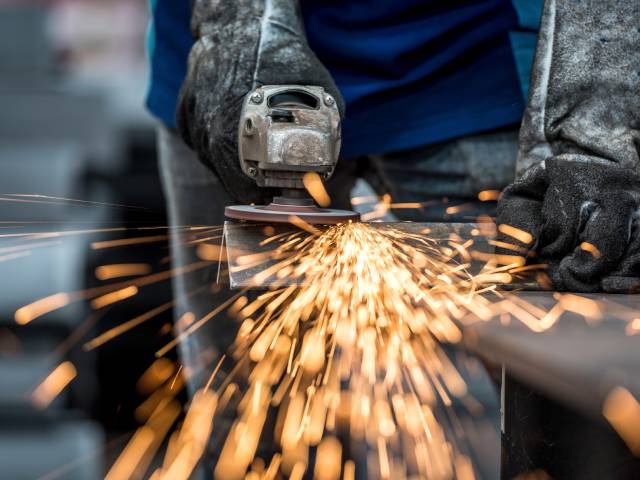

In a competitive manufacturing landscape, outsourcing can provide advantages but also challenges to businesses and manufacturers. When it comes to metal fabrication, is it worth it to outsource? We tackle that question below by explaining the pros and cons of outsourcing metal fabrication.
One of the most compelling reasons to outsource metal fabrication is cost-effectiveness. Maintaining an in-house fabrication unit can be financially draining due to the high costs of equipment, skilled labor, and raw materials.
Outsourcing can significantly reduce these expenses, allowing businesses to reallocate resources to other critical areas. Since you’re outsourcing the process, you can also forgo the costs of maintenance and upgrades to metal fabrication equipment.
Quality assurance is another vital benefit of outsourcing metal fabrication. Partnering with a specialized fabrication company means access to advanced technology and skilled labor dedicated solely to the craft.
These partners adhere to stringent quality control measures, ensuring that the final product meets or exceeds industry standards. For example, a small business may lack the technical expertise to produce complex components that require precision, but a specialized fabrication firm can deliver consistent quality.
Outsourcing metal fabrication allows businesses to concentrate on their core competencies. When a company can delegate its fabrication needs, it can focus more on innovation, customer service, and market expansion. Instead of spending time and resources on ancillary matters like metal fabrication, you can divert resources to honing and expanding the core of your business for greater quality and expansion.
Of course, there are also drawbacks and risks that businesses must consider when outsourcing. When outsourcing metal fabrication, it’s crucial to maintain quality control by setting clear benchmarks and performing regular audits while collaborating closely with your partner to address discrepancies.
Also, protecting your intellectual property is vital; implementing strong contracts and nondisclosure agreements can help safeguard your designs and processes. Likewise, consulting legal counsel can ensure comprehensive protection measures for added peace of mind.
If you think it’s worth it to outsource your metal fabrication duties, you’ll need to find the right partner. Start by evaluating potential partners’ quality and capacity to determine if they align with your needs. Assess their track record, client testimonials, and industry reputation.
If you’re a company that brands itself as green and eco-conscious, you’ll also need to consider your partner’s commitment to these principles. The evolution of sustainability in custom metal fabrication has come a long way, but you still want to ensure your partners share the same principles and values as your company.
Outsourcing metal fabrication can offer numerous benefits, from cost savings and quality assurance to flexibility and scalability. However, it’s essential to carefully weigh these advantages against the potential challenges and risks. Conduct thorough research, choose your partner wisely, and establish clear communication channels to make the most of your outsourcing efforts.
24World Media does not take any responsibility of the information you see on this page. The content this page contains is from independent third-party content provider. If you have any concerns regarding the content, please free to write us here: contact@24worldmedia.com
